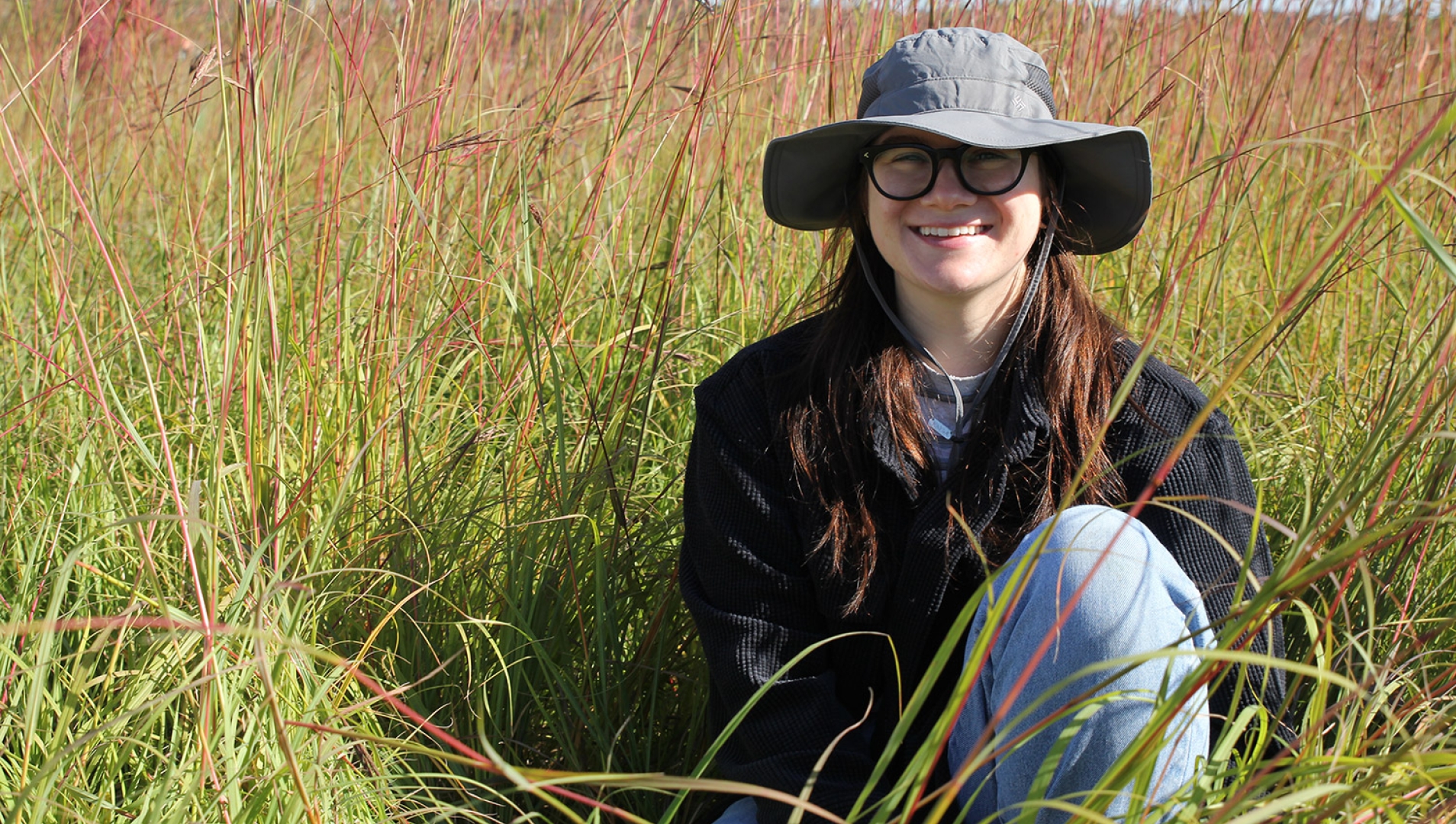Welcome, students – ag innovation and careers await
September 16, 2022
As Assiniboine Community College welcomed thousands of students to campus earlier this month, hundreds were resuming or beginning their journey toward careers related to agriculture, a sector with a growing demand for trained talent.
“It’s an energizing time for both first year students and those returning for a second year of studies or an additional program,” said Tim Hore, Dean of the School of Agriculture and Environment.
“While students arrive to class with excitement for the school year ahead, I, too, get caught in the moment thinking of the futures we are helping to build and of the impact these students will ultimately have on a sector so important to Manitoba.”
As Manitoba’s Ag College, Assiniboine’s goal is to graduate students with the knowledge, skills and abilities to step into careers in agriculture. And these careers span disciplines, beyond what you may traditionally consider—food production, food and beverage manufacturing, technology, conservation, resource management, research and finance are all in the mix.
“The ag sector is far-reaching in career opportunities and is an economic engine for the province,” said Hore. “With a growing labour crunch, the college has both an objective and an opportunity to be primed with more responsive programming and customized training to meet the needs of industry employers.”
Enter, the Prairie Innovation Centre for Sustainable Agriculture, a leading-edge facility that will provide new programming, expanded applied research and extension within a collaborative environment where farmers, industry, academics and government can discuss issues and opportunities, find solutions and inform policy.
So, while students in Assiniboine’s current 12 ag-related programs begin and resume their studies this month, the college’s focus on the sector is only gaining, and for good reason.
In 2019, agriculture contributed $4.5 billion to Manitoba’s GDP, creating 40,830 direct job opportunities for Manitobans. The sector is falling short of its potential though, and that’s because there aren’t enough people trained to step into it. In Manitoba, it’s projected that 5,300 ag jobs—one in five—will go unfilled by 2029.
The Prairie Innovation Centre aims to increase seats in agriculture-related programming from 300 to more than 800. The new programs, collaboration opportunities and industry connections enabled by the Centre will also work to address emerging issues in the sector.
One such challenge, which brings with it an opportunity for innovation and problem-solving, is climate change.
“Extreme weather events are becoming increasingly regular—look no further than the last two years, when drought plagued farmers in 2021, then many struggled to get crops in on time or at all due to excess moisture this year,” said Hore.
Agriculture enters the conversation around climate change on both ends of the spectrum—as an industry seeing the effects of the problem and as a contributor.
While nitrogen fertilizer is key to achieving optimum crop yields, it’s a culprit for increased greenhouse gas emissions. Improved soil health is key to helping reduce the need for this fertilizer.
“Climate change is real and agriculture needs to continue to play a role in mitigating or slowing the effects of climate change, blazing a trail for sustainable practices,” said Hore. “Education can help the industry get there. Post-secondary has an opportunity to educate the next generation of farmers, agronomists and industry through the development of curriculum that includes economically viable ‘best management practices’ that improve soil health.”
The Prairie Innovation Centre will dial into the current and projected needs of the industry—the education and collaboration around sustainable practices is just one example. Providing a venue to bring together and inspire multiple stakeholder perspectives will benefit the industry now and into the future.
“I hope that the students embarking on their ag journey this month are excited for what lies ahead, and are proud to enter this dynamic industry,” said Hore. “Students are paramount to the success of agriculture and the college’s ability to support that future.”




